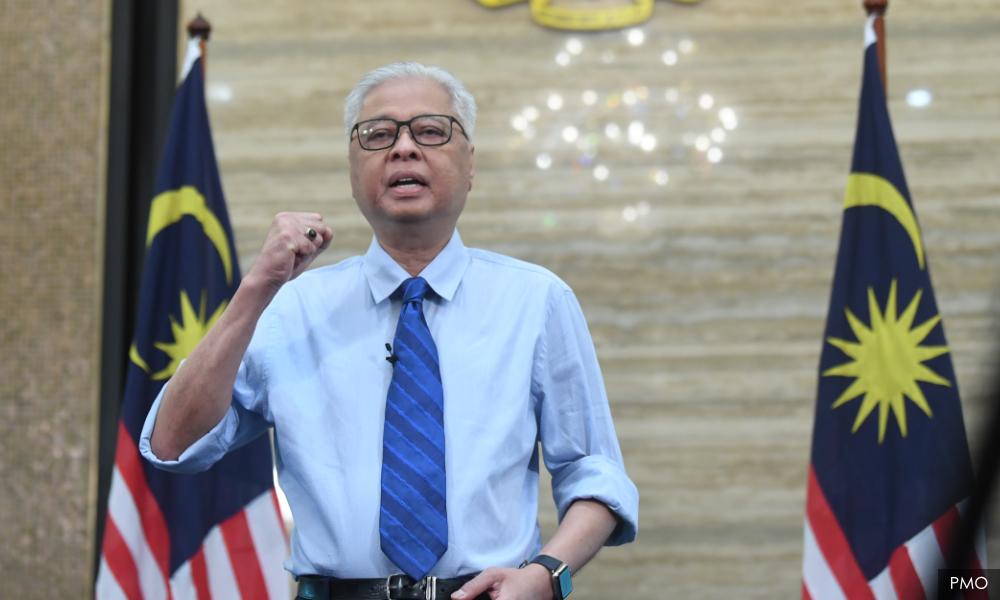The government has slowly eased the standard operating procedure restrictions for those who are fully vaccinated.
At the time of writing, even the Klang Valley, by far the worst hit by the virus, may move from Phase 1 of the National Recovery Plan to Phase 2. Dine-in is now allowed for the fully vaccinated, and slowly people are returning to eateries.
But despite the easing of restrictions, there is still a gloom that hangs in the air. Around the country, there is no sense that things are getting better, but more that things will just have to carry on despite the pandemic.
At the time of writing, Malaysia logged in 1,725,357 total Covid-19 cases. A total of 16,382 people have died thus far. Despite our relatively high vaccination numbers, daily Covid-19 cases have not shown signs of significant reductions.
Today, Malaysia’s seven-day average of daily new cases is around 21,500. The seven-day average daily death rate meanwhile is around 270 per day.
While the strain on Klang Valley hospitals is slowly easing up, no doubt because of efforts to ramp up vaccination in the region, other states are showing a worrying increase in daily cases, hospitalisation rates and deaths.
The first eight months of the year have seen businesses badly affected by the pandemic, as well as record numbers of loss of income and jobs. The country will have to somehow try to recover from the devastating effects of the virus.
On the political front, the appointment of Ismail Sabri Yaakob as the ninth prime minister has brought little cheer to the country.

The political instability, borne out of tensions between the government’s biggest parties Umno and Bersatu, as well as out of the intra-party friction within Umno itself most likely will not abate, despite the formation of a ‘new’ government.
Even the prime minister’s much-anticipated cabinet was revealed to be lacklustre; the prime minister relied on the trite formula of former premier Muhyiddin Yassin’s cabinet and called upon many similar faces to return to the same ministries.
The ‘new’ faces were not really new; Shahidan Kassim and Mahdzir Khalid are veteran politicians and provided little cheer to those expecting something different.
Ironically, the prime minister may find stability in the unlikeliest of places, if the meeting between him and Pakatan Harapan leaders was anything to go by.
The threefold crisis - Covid-19, economy and livelihood, and politics - that hit our country ever since last year looks to subsist well into this second half of the year.
It is hardly surprising that this year’s Merdeka Day celebrations are more muted and sombre compared to previous years. It seems that there are fewer flags on the ground and less cheer to go around.
It is not as if Malaysians have stopped caring, or do not love the country or its people. It is simply that Malaysians have very little to be happy about, apart from, of course, the accomplishments of our Olympians and Paralympians.
But these too will surely pass.
We will, one day, overcome this threefold crisis. If nothing, during these challenging times Malaysians have shown the true Malaysian spirit of helping each other, embodied by the phrases #KitaJagaKita and #RakyatJagaRakyat.
We will not go down without a fight, nor will we go gentle into the night. We will fight to determine our future.
Perhaps, that is the true meaning of Merdeka; to be free to strive for things to be better. - Mkini
SYAHREDZAN JOHAN is a civil liberties lawyer and political secretary to Iskandar Puteri MP Lim Kit Siang.
The views expressed here are those of the author/contributor and do not necessarily represent the views of MMKtT.

No comments:
Post a Comment
Note: Only a member of this blog may post a comment.